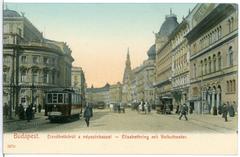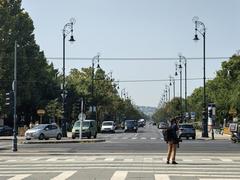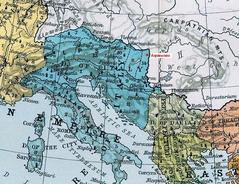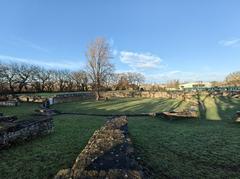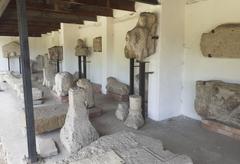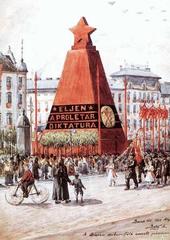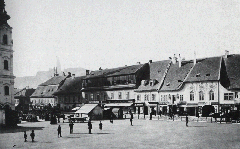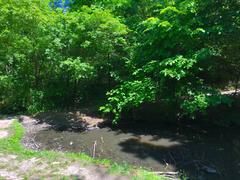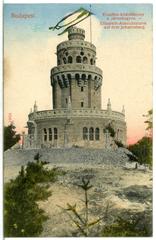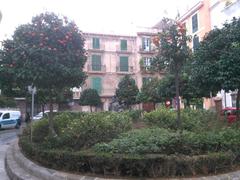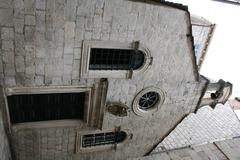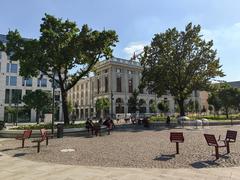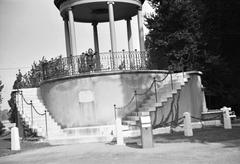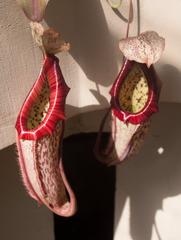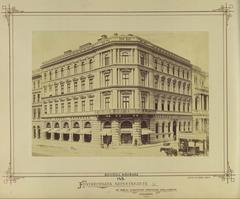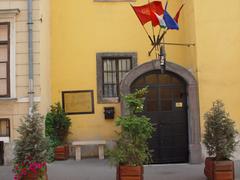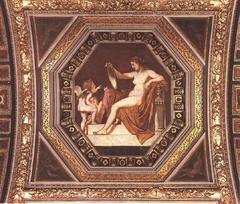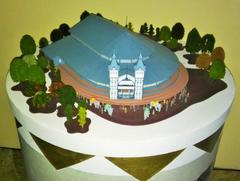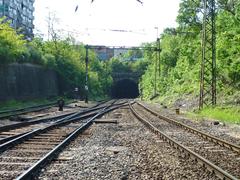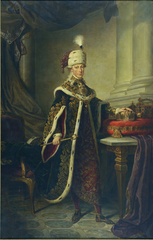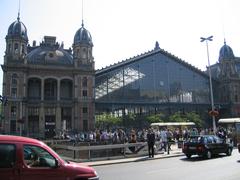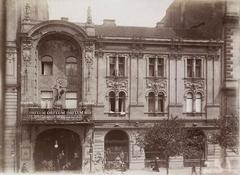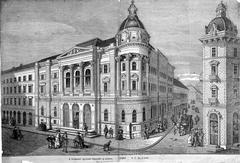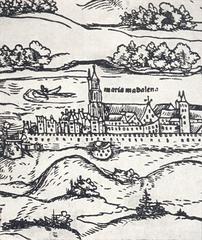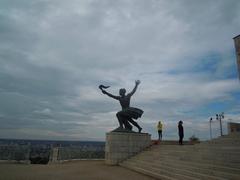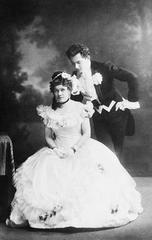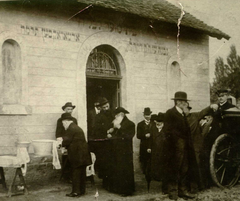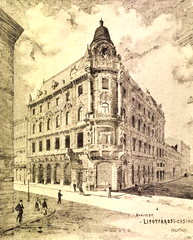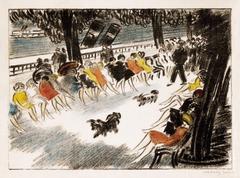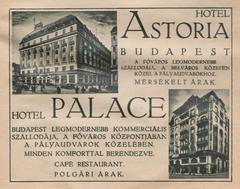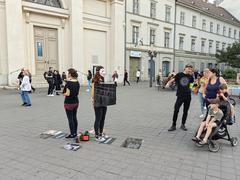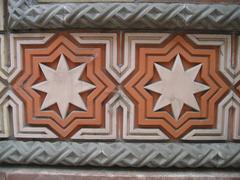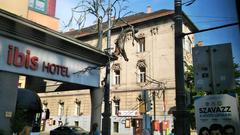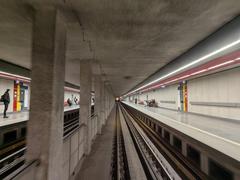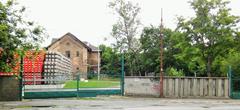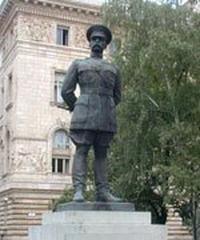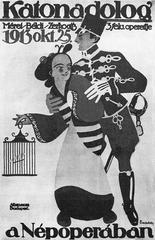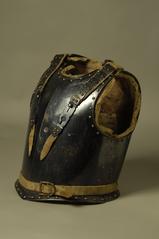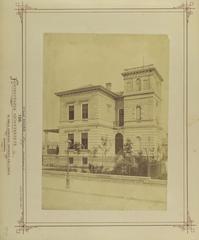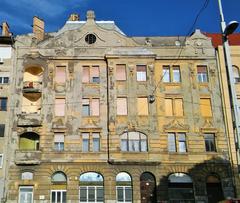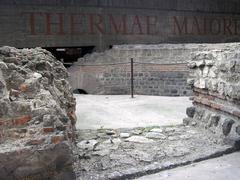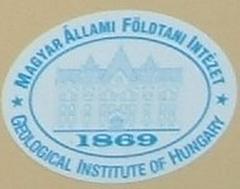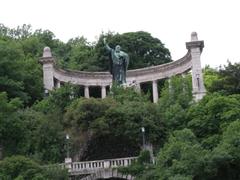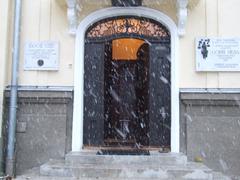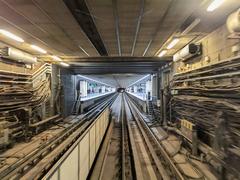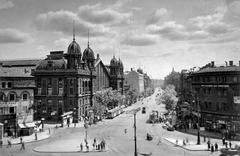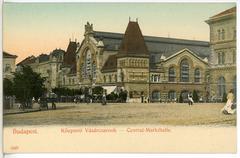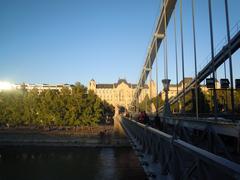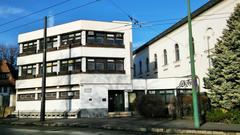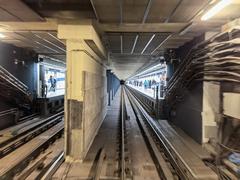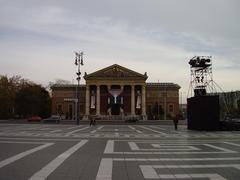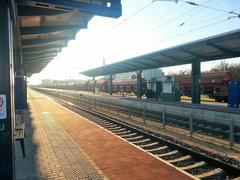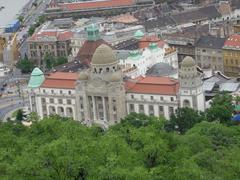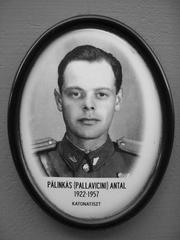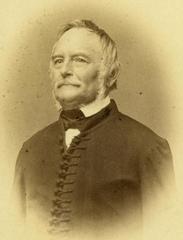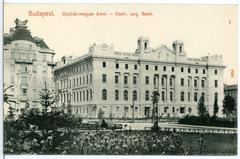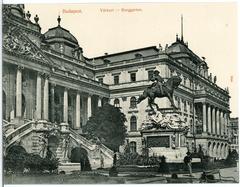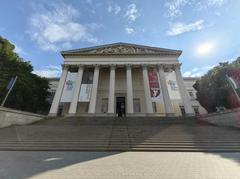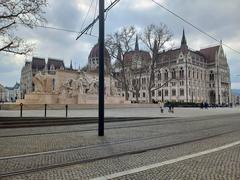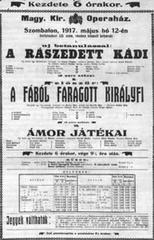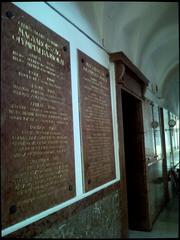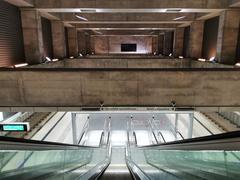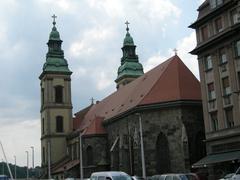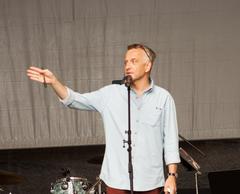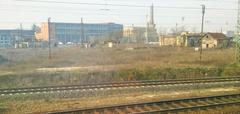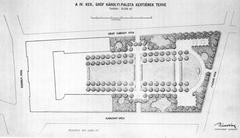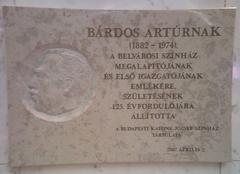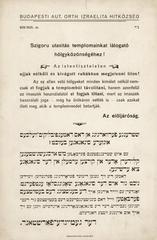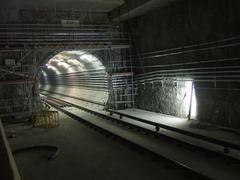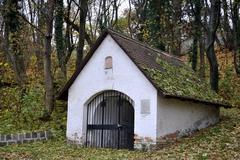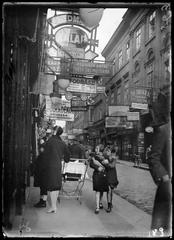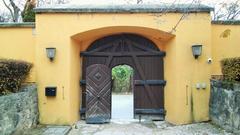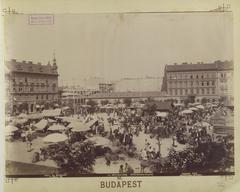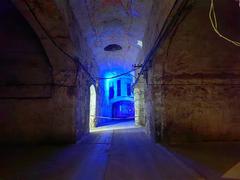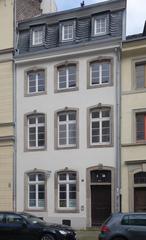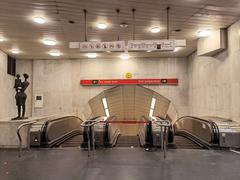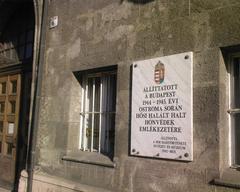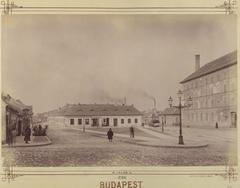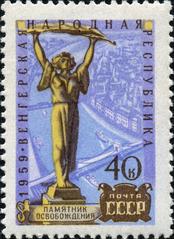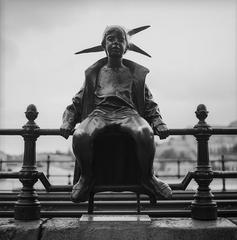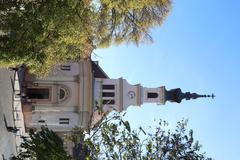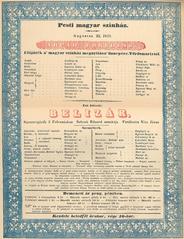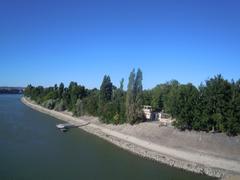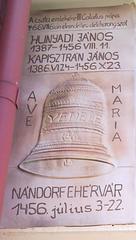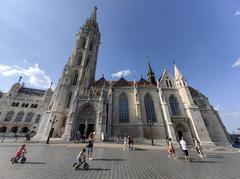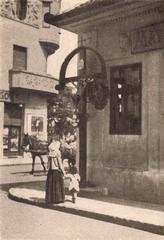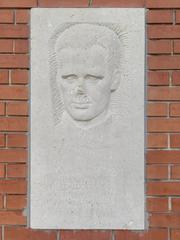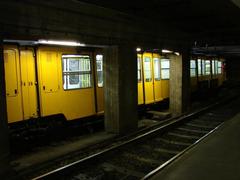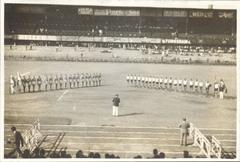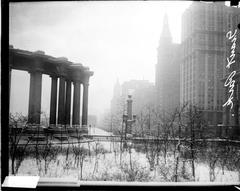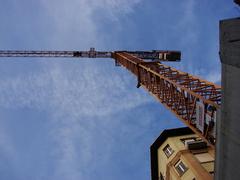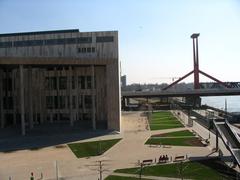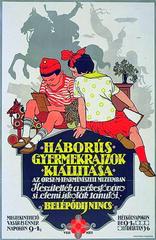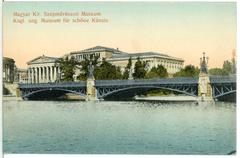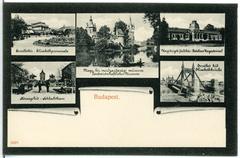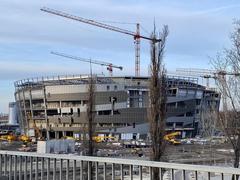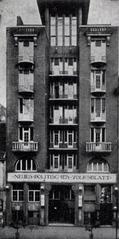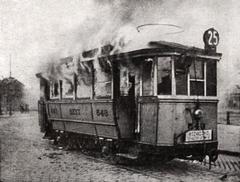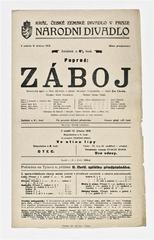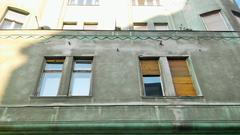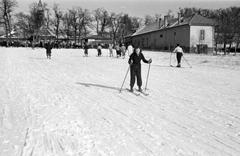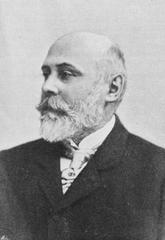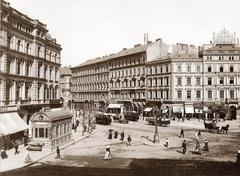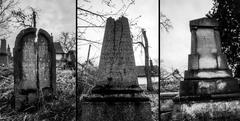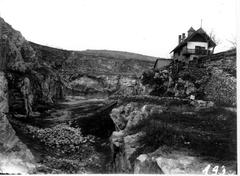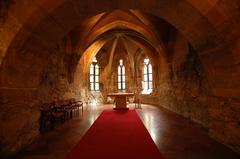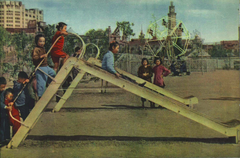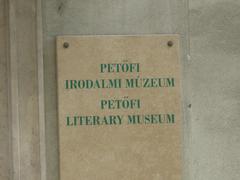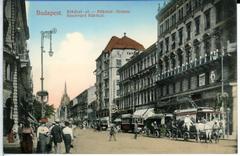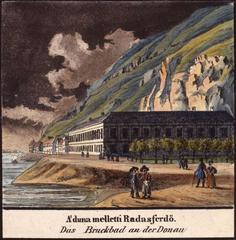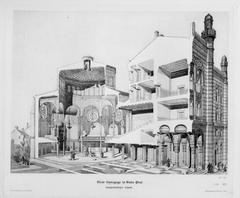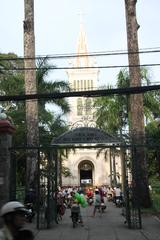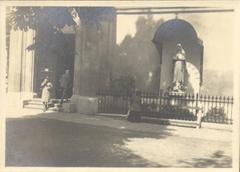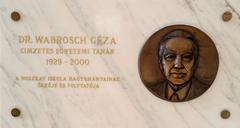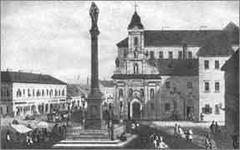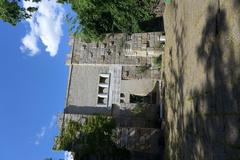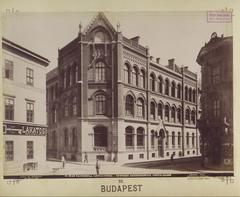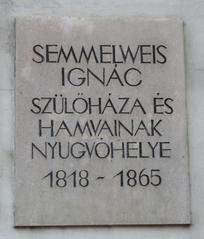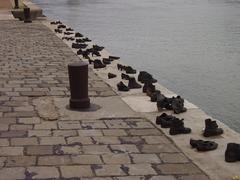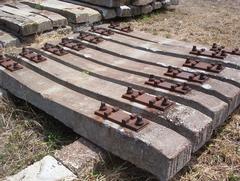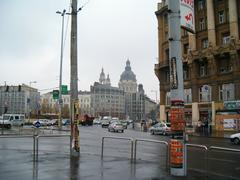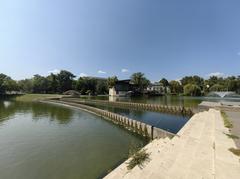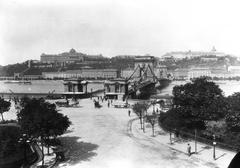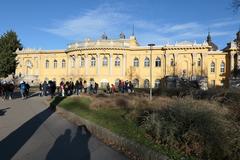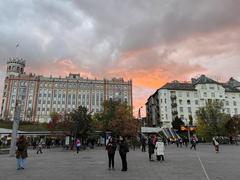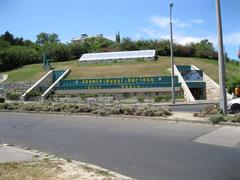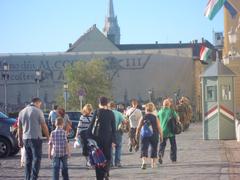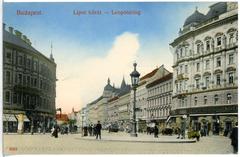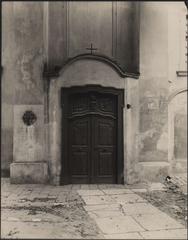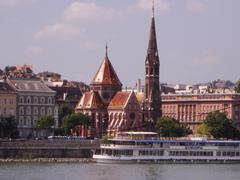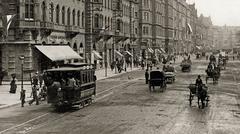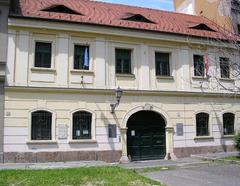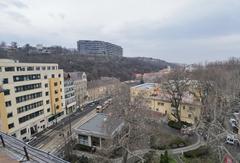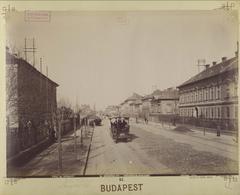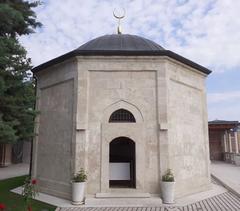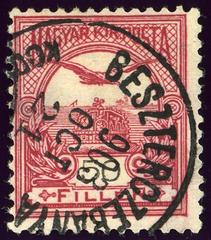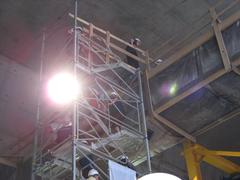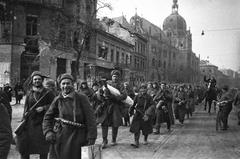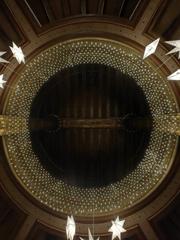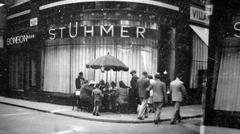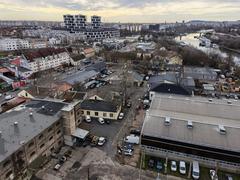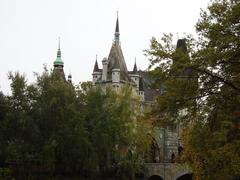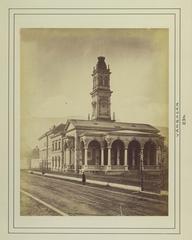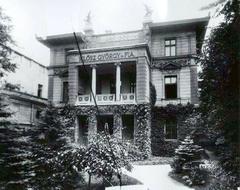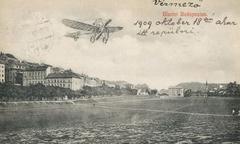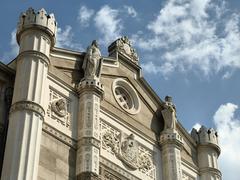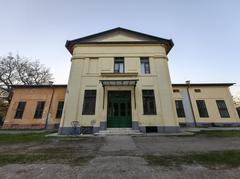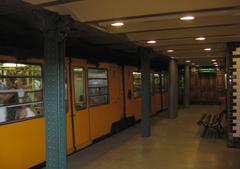Visiting the Óbuda Jewish Cemetery, Budapest: Complete Guide to History, Hours, Tickets & Tips
Date: 14/06/2025
Introduction
The Óbuda Jewish Cemetery in Budapest is a profound testament to the enduring presence, resilience, and cultural contributions of Hungary’s Jewish community. Established in the late 18th or early 19th century, this historic site reflects centuries of Jewish life through its diverse funerary art, architecture, and the stories of community members resting within its grounds. Whether you are a history enthusiast, a genealogist, or a traveler seeking insight into Budapest’s Jewish heritage, this guide offers detailed information about the cemetery’s history, significance, visitor hours, ticketing, accessibility, and tips for a respectful and enriching visit.
For the latest updates and detailed visitor information, consult resources such as Offbeat Budapest, the Budapest Jewish Cemetery official site, and jguideeurope.org.
Table of Contents
- Early Jewish Settlement and the Cemetery’s Origins
- Role During the Habsburg and Modern Periods
- Impact of the Holocaust and Postwar Developments
- Architectural and Cultural Features
- Practical Visiting Information
- Visitor Etiquette & Experience
- Preservation Efforts
- Frequently Asked Questions
- Conclusion & Further Resources
Early Jewish Settlement and the Origins of the Óbuda Jewish Cemetery
Jewish presence in Hungary dates back to at least the 13th century, with King Béla IV inviting Jewish families to help rebuild the nation after the Mongol invasions (Offbeat Budapest). Óbuda, now part of Budapest, became an important center for Jewish life due to the support of local aristocrats such as the Zichy family, who encouraged Jewish settlement and the development of communal institutions.
The Óbuda Jewish Cemetery was created to serve this growing community. Although the exact date of its founding is debated, it is widely accepted to have been established in the late 18th or early 19th century, in response to the community’s expansion. Over the centuries, the cemetery has become the final resting place for generations of Jewish residents, including many notable rabbis and community leaders.
The Cemetery’s Role During the Habsburg and Modern Periods
Throughout the Habsburg era, Jewish life in Hungary alternated between periods of tolerance and discrimination. Óbuda’s Jewish community, however, enjoyed relative stability, particularly in the 18th and 19th centuries. Tombstones from this era reflect the community’s integration, featuring inscriptions in Hebrew, German, and Hungarian.
By the late 19th century, Budapest had become the largest Ashkenazi city in continental Europe, with a Jewish population of around 100,000 (Offbeat Budapest). The cemetery became a vital site for the community, commemorating rabbis, scholars, merchants, and everyday citizens.
Impact of the Holocaust and Postwar Developments
The Holocaust devastated Budapest’s Jewish population. In 1944, many Jews were deported or murdered; mass graves and memorials within the cemetery commemorate these victims (Offbeat Budapest). After World War II, the community was greatly reduced due to loss and emigration. The cemetery remains an important place of remembrance, with annual commemorations and ongoing restoration efforts.
Architectural and Cultural Features
The Óbuda Jewish Cemetery is renowned for its range of funerary art and architecture— from modest, Hebrew-inscribed stones to elaborate mausoleums influenced by Art Nouveau and other European styles (budapestjewishcemetery.com). Many monuments were crafted by leading Jewish architects, incorporating traditional symbols like the Star of David, menorahs, or priestly blessing hands (for Kohanim).
The garden-like layout, with tree-lined avenues and manicured lawns, mirrors the 19th-century European trend of creating cemeteries as tranquil, park-like spaces for reflection and community gatherings.
Notable Burials and Sites of Pilgrimage
The cemetery is the final resting place for many influential figures:
- Rabbi Mózes Müncz: A revered spiritual leader whose tomb is a pilgrimage site for visitors, especially during Jewish holidays.
- Lőrinc Schwab: Instrumental in constructing the Óbuda Synagogue.
- Chief Rabbis Gyula Wellesz and Gyula Klein: Remembered for their leadership and resilience.
- Mass Grave of Holocaust Victims: Commemorates 149 victims from the Maros Street Hospital, murdered in 1945 by the Arrow Cross Party.
Practical Visiting Information
Visiting Hours
- Summer (last Sunday of March to last Sunday of October): 08:00–16:00 daily (except Saturdays)
- Winter (last Sunday of October to last Sunday of March): 08:00–15:00 daily (except Saturdays)
- Closed on Jewish holidays and Saturdays. Office closed on national and Christian holidays, though the cemetery remains open (Friends of Budapest Jewish Cemetery).
Tickets and Entry Fees
- Admission: Free; no tickets required (Friends of Budapest Jewish Cemetery). Donations are appreciated for preservation efforts.
Accessibility
- The cemetery is accessible by public transport (tram 1 to Óbuda-központ, or local buses).
- Some paths are uneven or overgrown, so visitors with mobility challenges should plan ahead.
- There are paved areas and assistance can be arranged by contacting the visitor center in advance.
Guided Tours
- Guided tours are available through local Jewish heritage organizations and Budapest tour companies. These provide valuable context and highlight notable graves and memorials.
- Tours should be booked in advance where possible.
Travel Tips & Nearby Attractions
- Nearby Sites: Óbuda Old Town, Aquincum Museum & Ruins, Óbuda Synagogue, Danube River promenade.
- What to Bring: Comfortable shoes, water, sun protection, and a respectful attitude.
- Facilities: Restrooms are available at the entrance; there are no shops or cafés, so bring supplies as needed.
- Maps: Obtain a paper map at the entrance for easier navigation (We Love Budapest).
Visitor Etiquette & Experience
- Dress Modestly: Cover shoulders and knees in respect for religious customs.
- Photography: Permitted but should be discreet; avoid photographing mourners.
- Behavior: Maintain quiet and respectful conduct. Place stones on graves as a traditional sign of remembrance.
- Yield to Mourners: The cemetery remains active for burials.
The atmosphere is serene and contemplative, with mature trees and historic monuments fostering a sense of reverence and reflection.
Preservation Efforts
Restoration of the Óbuda Jewish Cemetery is ongoing, supported by local and international organizations. Decades of neglect have left some areas overgrown, but recent projects focus on reclaiming the site and preserving its historical and cultural value (budapestjewishcemetery.com). Donations and community support are critical for these efforts.
Frequently Asked Questions (FAQ)
Q: What are the Óbuda Jewish Cemetery visiting hours?
A: Summer: 08:00–16:00; Winter: 08:00–15:00. Closed Saturdays and Jewish holidays.
Q: Is there an entry fee?
A: Entry is free; donations are welcomed.
Q: Are guided tours available?
A: Yes, but they should be arranged in advance through local operators or Jewish heritage organizations.
Q: Is the cemetery wheelchair accessible?
A: Some paved paths exist, but overall accessibility is limited due to uneven terrain.
Q: How do I reach the cemetery?
A: By tram 1 to Óbuda-központ or by local buses; also accessible by taxi.
Conclusion & Recommendations
The Óbuda Jewish Cemetery is an essential destination for anyone interested in Budapest’s Jewish history or seeking a place for quiet remembrance. Its grounds chronicle the community’s development, struggles, and enduring legacy, while ongoing restoration efforts preserve its stories for future generations.
For a meaningful visit, check current hours on the official website, dress respectfully, and consider exploring nearby Jewish heritage sites for a broader understanding of Budapest’s rich cultural tapestry. Download the Audiala app for guided audio tours, and follow local heritage groups for updates and events. Your visit contributes to the ongoing preservation and appreciation of this remarkable site.
Sources and Further Reading
- Óbuda Jewish Cemetery - Offbeat Budapest
- Budapest Jewish Cemetery official site
- jguideeurope.org
- Friends of Budapest Jewish Cemetery
- We Love Budapest
- Travelling Mandala
- Destination Daydreamer
- Óbuda Jewish Cemetery - Wikipedia
- Budapest Tours
